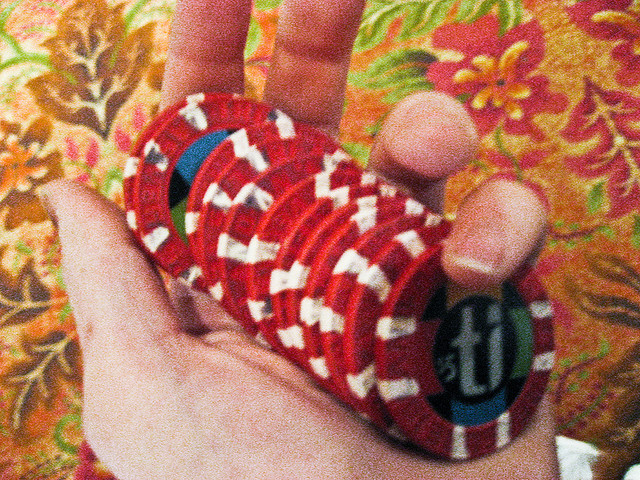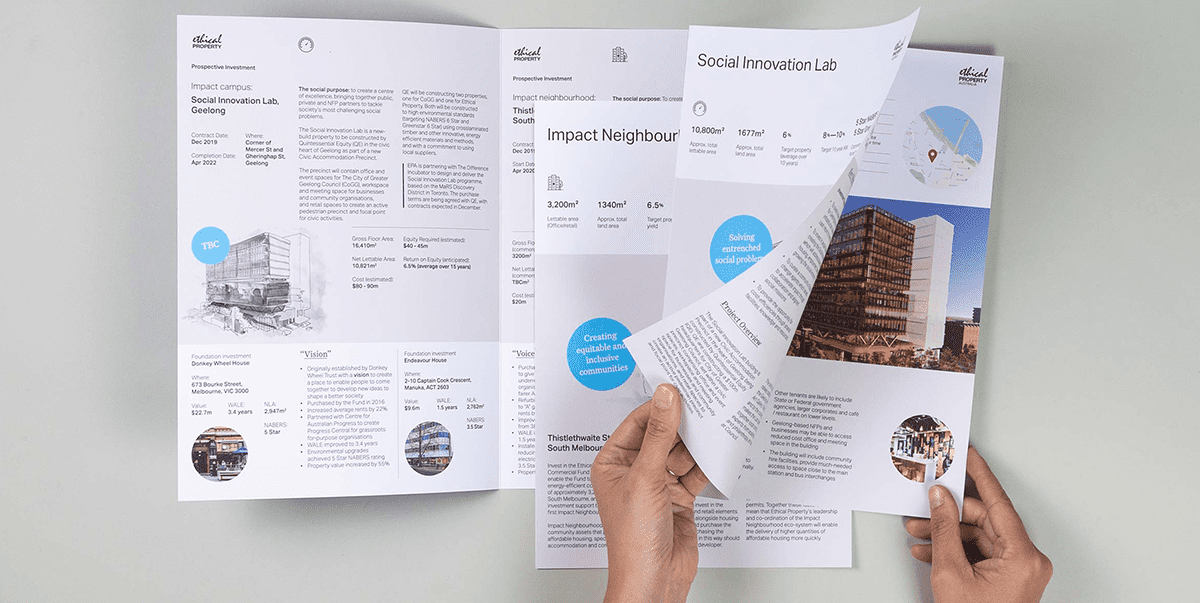
When even the gossip and fashion sites are all raving about a new online craze, it’s probably time to look into it. Evidently the editors at the New York magazine had the same idea and so we get Sam Anderson’s thoughtful take on the addictive phenomenon.
One idea stood out for me, he writes:
“As Internet culture has grown, we’ve come to romanticize certain kinds of unmediated, old-fashioned “human” interactions. But this fantasy ignores how much of normal social interaction is fleeting, bite-size, instant, tweetlike. Humans have always talked to each other via a kind of analog Twitter. These new technologies just get us there with maximum efficiency.”
As someone who has recently spurned e-mail in favour of letter writing, I would argue that we are not romanticising the past – essentially, our parents and grandparents truly did communicate in more depth and with greater clarity; the corollary is that life then and the people living it really were slower. I don’t doubt that the new technologies are speeding up our interactions and perhaps even changing our brains to respond faster and shallower, what I wonder is what the broader implications are and whether or not we can’t change mental gear, depending on the circumstances. After all, I might write letters to my dearest friends, but I also use Facebook to keep up with all those acquaintances I’d never feel comfortable enough to e-mail – about 150 of them, as it happens.
Am I, in my mid 30s, part of a transition generation – an online immigrant, never quite grasping the finer idiomatic points of the new language and destined always to rely on my child to translate for me? I’m far from being a Luddite, but I feel uneasy at what the atomisation of culture and society by new technology will bring in its wake.

